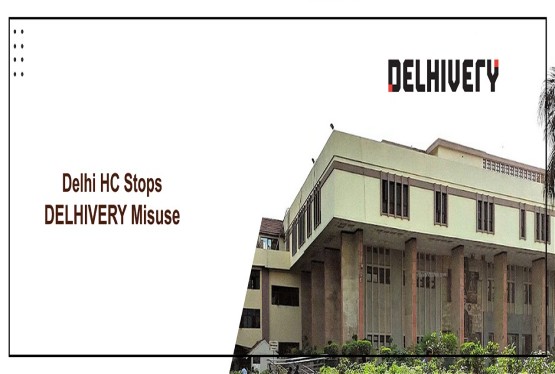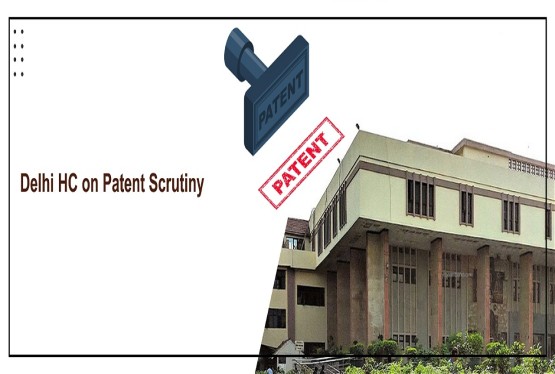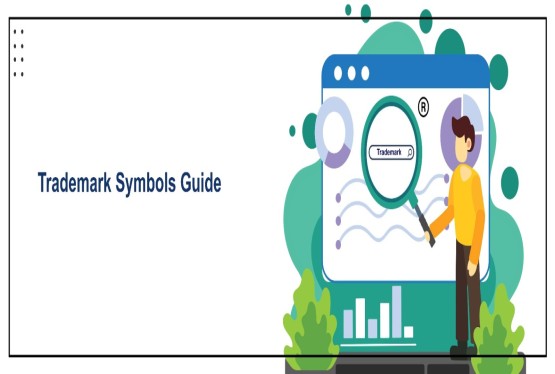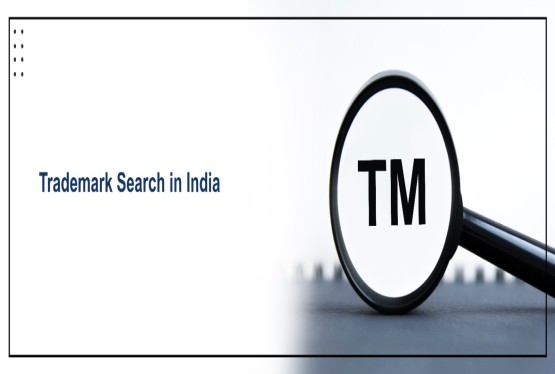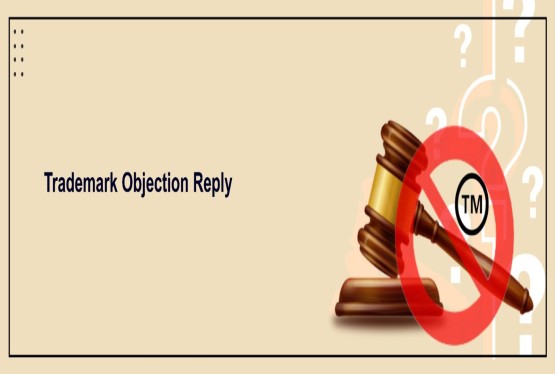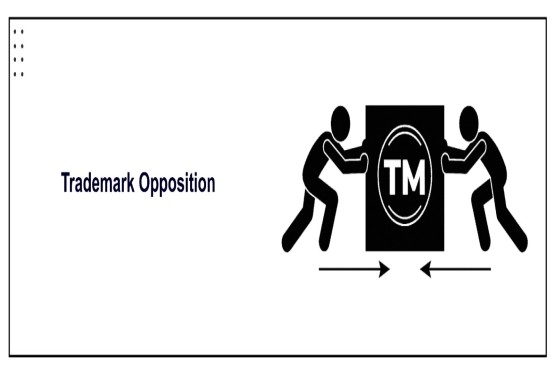In a fresh twist to trademark disputes, tech giant Apple Inc. has filed a lawsuit against Apple Cinemas, a Massachusetts-based movie theater chain, alleging trademark infringement and brand dilution, a legal action comes after Apple Cinemas expanded into California opening a San Francisco location just miles from Apple’s Cupertino headquarters despite prior cease-and-desist notices and the rejection of its trademark applications by the U.S. Patent and Trademark Office.
Apple argues that the continued use of the “Apple” name by the theater chain risks confusing consumers and undermines the distinct identity it has built over decades.
Apple Inc., the globally renowned technology company related with innovation and premium consumer products, has commenced formal legal action against Apple Cinemas, a Massachusetts-based movie theatre chain, alleging willful trademark infringement and brand dilution and the complaint, lodged on August 4, 2025, in the U.S. District Court for the District of Massachusetts, asserts that Apple Cinemas’ adoption and continued use of the word “Apple” in its business name is likely to cause substantial consumer confusion, mislead the public into believing there is an affiliation or sponsorship by Apple Inc., and ultimately erode the distinctiveness and goodwill associated with the “Apple” brand.
Apple contends that the risk of confusion is amplified by the theatre chain’s aggressive growth strategy, which includes a stated plan to establish 100 cinema locations across North America over the next decade. The dispute reached a important juncture following Apple Cinemas’ recent expansion into San Francisco, California a location in close proximity to Apple’s Cupertino headquarters and retail network which, according to Apple, has already generated documented instances of mistaken consumer assumptions about the companies’ relationship. The tech giant further argues that such expansion, coupled with the intentional leveraging of its name to secure favorable real estate agreements, poses an imminent threat to its hard-earned reputation and global market presence.
Framing the matter as urgent and essential to the preservation of its intellectual property rights, Apple seeks judicial intervention not only to halt the continued use of the contested name but also to prevent further public deception and irreparable harm to the brand’s image.
Background of the Dispute
Apple Cinemas, founded in 2013, has operated largely in the Northeastern United States for over a decade. The dispute escalated in 2024 when the theatre chain began expanding into new markets, notably opening a location in San Francisco less than an hour’s drive from Apple’s Cupertino headquarters.
Apple alleges that the theatre chain is intentionally leveraging the “Apple” name to enter favorable agreements with landlords, including positioning itself as an “anchor tenant” in malls where Apple Stores are absent. The tech giant claims that this has led to multiple instances of public confusion, with social media posts and online comments suggesting an affiliation between the two businesses.
Tensions intensified when the U.S. Patent and Trademark Office (USPTO) rejected Sand Media Corp Inc.’s trademark applications for “Apple Cinemas” and “ACX Apple Cinematic Experience” in October 2024, citing a likelihood of confusion with Apple’s existing trademarks. Despite cease-and-desist letters from Apple in December 2024 and repeated settlement attempts, Apple Cinemas continued its expansion under the disputed name.
Court Findings
The lawsuit Apple Inc. v. Sand Media Corp Inc., Case No. 1:25-cv-12173 formally identifies Apple Cinemas and its parent entity, Sand Media Corp Inc., as co-defendants in the alleged infringement matter. In its pleadings, Apple has requested multiple forms of relief aimed at both stopping the purported infringement and securing recognition of its legal rights. Specifically, the company is seeking:
A permanent injunction
A permanent injunction prohibiting the defendants from using the term “Apple” in any manner connected with the operation, promotion, or branding of their cinema businesses. Apple argues that continued use of the mark poses a persistent risk of consumer confusion and brand dilution, making injunctive relief essential to prevent ongoing and future harm.
An award of monetary damages
An award of monetary damages to compensate for the commercial losses and reputational harm suffered as a result of the alleged trademark infringement and dilution, as well as to disgorge any profits the defendants may have earned by exploiting the goodwill associated with the “Apple” name.
A judicial declaration
A judicial declaration affirming Apple’s exclusive rights to the “Apple” trademark in relation to its registered goods and services, thereby establishing a clear legal precedent to deter future misuse by the defendants or third parties.
Represented by an experienced litigation team from Kirkland & Ellis LLP, comprising attorneys Miranda Means, Dale Cendali, and Mary Mazzello Apple has characterized the defendants’ conduct as deliberate, calculated, and undertaken in bad faith to wrongfully capitalize on the global recognition and commercial appeal of the Apple brand. The filing alleges that, despite clear notice of Apple’s rights and repeated warnings from both the company and the U.S. Patent and Trademark Office, the defendants persisted in their use of the contested name while simultaneously pursuing an aggressive expansion strategy. This, according to Apple, demonstrates a pattern of intentional disregard for established intellectual property protections and a direct threat to the brand’s longstanding reputation for quality, innovation, and exclusivity.
Case Observations
This dispute highlights the expansive scope of Apple’s trademark enforcement policy, which extends well beyond its flagship technology products and retail services into adjacent sectors such as entertainment, digital content distribution, and associated consumer experiences. By pursuing legal action against a cinema chain, Apple is demonstrating its willingness to protect the “Apple” name across a broad commercial spectrum, underscoring the principle that trademark protection is not confined strictly to a company’s primary industry when the mark enjoys global recognition and goodwill.
Apple’s case rests on several key strengths:
a. Brand Strength
The “Apple” mark is widely regarded as one of the most valuable and recognizable trademarks in the world, consistently ranked at the top of global brand valuation indices. This level of fame affords it a heightened degree of protection under U.S. trademark law, particularly in cases involving potential dilution of its distinctive character or reputation, even where the alleged infringer operates in a different product or service category.
b. Prior Rejections by the USPTO
The U.S. Patent and Trademark Office’s October 2024 denial of Sand Media Corp Inc.’s applications for “Apple Cinemas” and “ACX – Apple Cinematic Experience” on the grounds of a likelihood of confusion provides a strong evidentiary foundation for Apple’s claims. Such administrative determinations, while not dispositive in court, carry persuasive value in establishing that the overlap in names is legally problematic.
c. Evidence of Actual Confusion:
Apple has cited concrete examples, including social media posts and public commentary, where individuals mistakenly believed Apple Cinemas to be owned, operated, or endorsed by Apple Inc. In trademark law, evidence of actual confusion is one of the most compelling factors in proving infringement, as it moves beyond theoretical risk to demonstrate real-world consumer misperception.
Nevertheless, Apple Cinemas may mount a defense based on market differentiation, contending that its business in the cinema exhibition sector is wholly distinct from Apple’s technology, electronics, and digital media distribution operations. The company could argue that, despite the shared name, an average consumer would not reasonably assume that a retail electronics and software company operates a chain of traditional movie theatres. Such a defense, if persuasive, could potentially narrow the scope of Apple’s claim, particularly on the question of “likelihood of confusion.”
Ultimately, the court’s assessment will likely balance the overwhelming strength of Apple’s brand against the defendants’ arguments of industry separation, weighing whether the fame of the “Apple” mark is so expansive that even non-competing uses in unrelated sectors can still constitute infringement or dilution.
What is the legal Impact?
-
Brand Enforcement Boundaries: The outcome may clarify how far a famous brand’s trademark rights extend into unrelated industries.
-
Business Naming Practices: Smaller businesses may need to conduct more thorough trademark clearance before expansion to avoid litigation.
-
Landlord Negotiations: The case highlights the commercial advantage (and legal risk) of using a famous name in lease negotiations, particularly as an anchor tenant.
If Apple prevails, it could set a strong precedent reinforcing the rights of globally renowned brands to block the use of identical names, even in seemingly unrelated fields, when such use risks brand dilution or confusion.
What is the Final Notes ?
The Apple vs. Apple Cinemas dispute illustrates the tension between brand protection and business naming freedom. With Apple Cinemas’ aggressive nationwide expansion and Apple’s unwavering defense of its intellectual property, the case may shape future interpretations of trademark law under the Lanham Act. As the matter proceeds, businesses across industries will be watching closely, mindful that even a name chosen for local charm can trigger high-stakes litigation when it overlaps with a globally dominant brand.
Frequently Asked Questions (FAQ)
Q1. What is the dispute between Apple Inc. and Apple Cinemas about?
Ans. Apple Inc. has sued Apple Cinemas and its parent company, Sand Media Corp Inc., for trademark infringement, alleging that the cinema chain’s use of the word “Apple” causes consumer confusion, dilutes its brand, and exploits the goodwill associated with its name.
Q2. Where and when was the lawsuit filed?
Ans. The lawsuit was filed on August 4, 2025, in the U.S. District Court for the District of Massachusetts under the case title Apple Inc. v. Sand Media Corp Inc., Case No. 1:25-cv-12173.
Q3. Why is Apple concerned about a cinema chain using the “Apple” name?
Ans. Apple claims that the “Apple” name is one of the most valuable and recognizable trademarks globally. The company believes that the cinema chain’s use of the name misleads consumers into thinking the theatres are owned, operated, or affiliated with Apple, especially as the chain expands into regions near Apple’s headquarters and retail stores.
Q4. What triggered the legal action now?
Ans. The dispute escalated when Apple Cinemas opened a theatre in San Francisco, close to Apple’s Cupertino headquarters, and announced plans to expand to 100 locations nationwide. According to Apple, this expansion has already caused documented consumer confusion.
Q5. Did Apple try to resolve the matter out of court?
Ans. Yes. Apple sent cease-and-desist letters, made phone calls, and engaged in written communication with Apple Cinemas. The U.S. Patent and Trademark Office also denied Apple Cinemas’ trademark applications in October 2024, but the cinema chain continued using the name.
Q6. What legal remedies is Apple seeking?
Ans. Apple is seeking:
-
A permanent injunction to stop Apple Cinemas from using the “Apple” name.
-
Monetary damages for trademark infringement and dilution.
-
A judicial declaration confirming Apple’s trademark rights.
Q7. What laws govern this dispute?
Ans. The case is being pursued under the U.S. Lanham Act, which governs trademark infringement (§1114), false designation of origin (§1125(a)), and trademark dilution (§1125(c)).
Q8. What evidence does Apple have to support its claim?
Ans. Apple cites:
-
The USPTO’s prior rejection of Apple Cinemas’ trademark applications.
-
Social media and public comments showing actual consumer confusion.
-
The fame and distinctiveness of the “Apple” mark.
Q9. How might Apple Cinemas defend itself?
Ans. Apple Cinemas may argue that its business operates in a completely different sector cinema exhibition and that consumers would not reasonably assume Apple Inc. runs or owns movie theatres.
Q10. Why is this case significant?
Ans. This case could set a precedent for how far famous brands can enforce their trademarks into unrelated industries, particularly when they claim brand dilution and consumer confusion despite differences in goods or services.

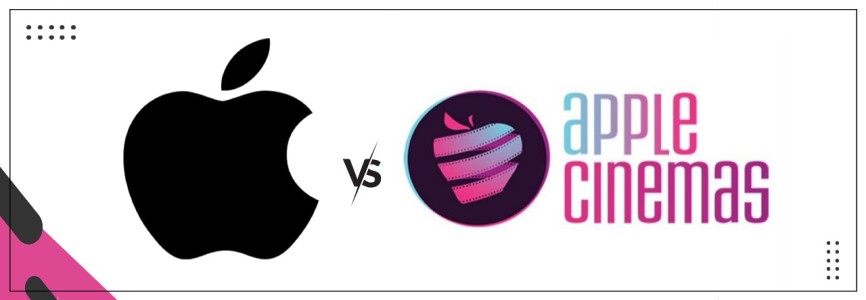




























_(b)_of_the_Trademark_Act,_1999_(1)_crop10_thumb.jpg)



_crop10_thumb.jpg)




























_crop10_thumb.jpg)
_crop10_thumb.jpg)






_crop10_thumb.jpg)








_crop10_thumb.jpg)



_crop10_thumb.jpg)





























_crop10_thumb.jpg)

















_crop10_thumb.jpg)






_crop10_thumb.jpg)












































































































































_crop10_thumb.jpg)




































_crop10_thumb.jpg)












_crop10_thumb.jpg)















































_crop10_thumb.jpg)

































































































